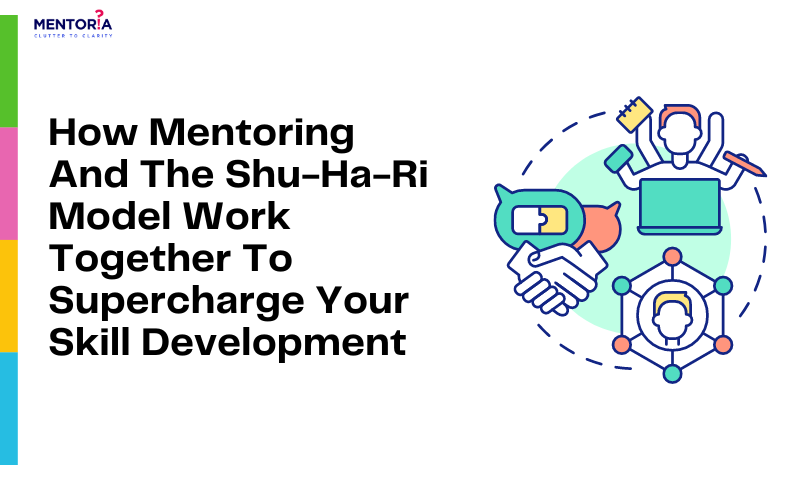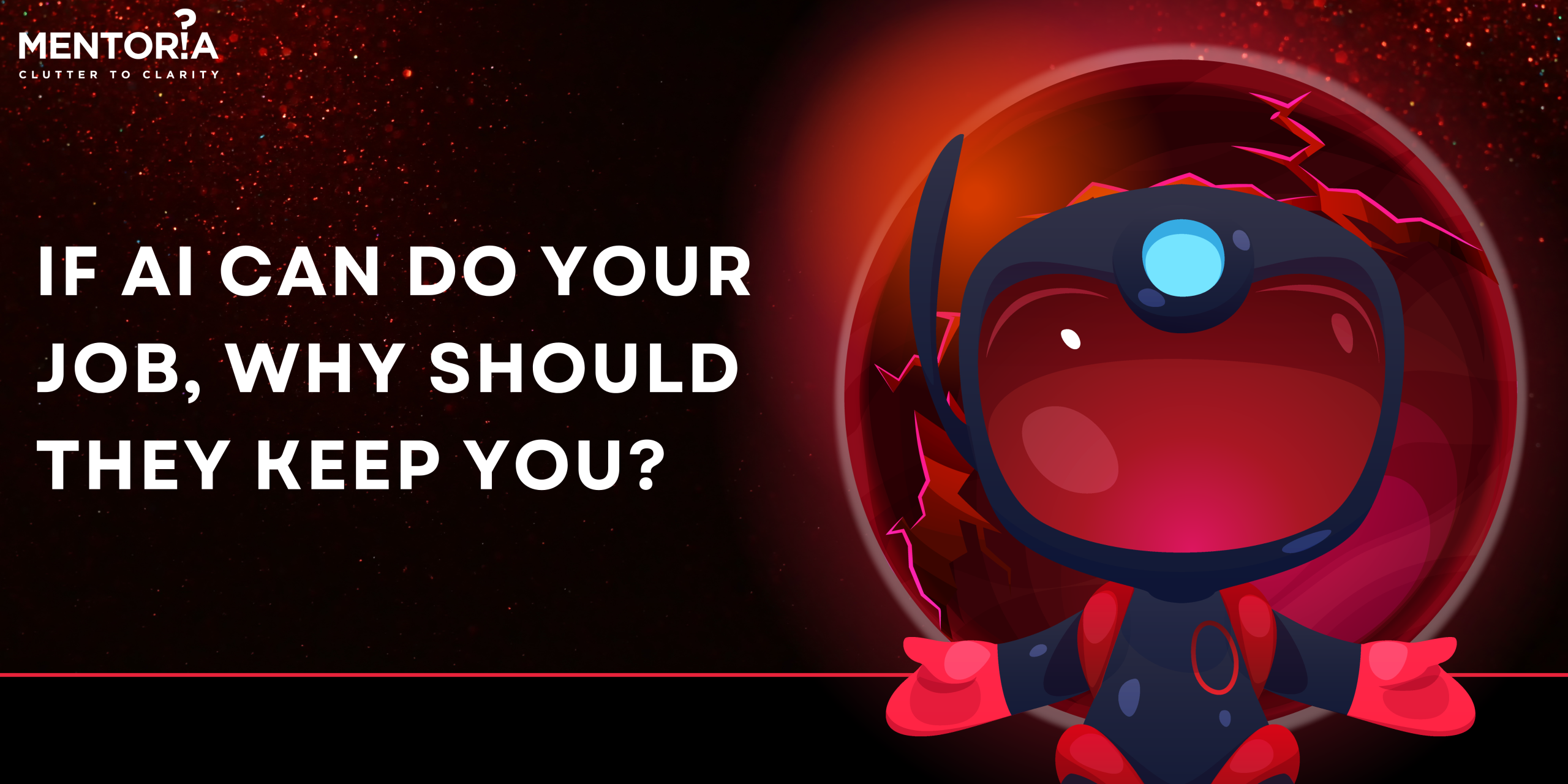How Mentoring And The Shu-Ha-Ri Model Work Together To Supercharge Your Skill Development

Do you ever wonder how top-performing athletes or musicians perfect their craft? It takes years of practice, dedication, and most importantly, guidance from experienced mentors. The same principle applies to the workplace. The Shu-Ha-Ri model of skill development emphasises the importance of learning from a mentor to progress from a beginner level to a master level.
Let’s explore how mentoring supports the Shu-Ha-Ri model in skill development, how it can improve employee performance, and how organisations can develop effective mentoring programs to foster talent development. Let’s dive in!
What Is The Shu-Ha-Ri Model?
The Shu-Ha-Ri model is a Japanese concept used in martial arts to describe the stages of learning and skill development. “Shu” represents the beginner stage where one follows a set of rules and techniques. “Ha” is the intermediate stage where one begins to understand the underlying principles and can adapt techniques. “Ri” is the advanced stage where one transcends the rules and creates their own style. The model has been applied to other areas of learning and skill development, including mentoring.
How Does Mentoring Support The Shu-Ha-Ri Model In Skill Development?
Shu (Follow)
Did you know that “Shu” in the Shu-Ha-Ri model means “Follow” in Japanese? When you’re just starting out learning a new skill, it’s important to have a mentor who can guide you and provide you with a strong foundation. Your mentor can show you the basics, help you develop the right habits, and give you feedback to improve. With a good mentor by your side, you’ll be able to follow their lead and build a solid understanding of the skill you’re trying to develop. So, are you ready to find a mentor and start following their lead?
Ha (Breakaway)
So you’ve probably heard of the Shu-Ha-Ri model for skill development, and you know that “Ha” means breaking away from the traditional rules and methods. But how exactly does mentoring support this crucial stage of growth? Well, mentors can help you explore new ideas and techniques, challenge your assumptions, and encourage you to take calculated risks. They can also provide a safe space to fail, offer constructive feedback, and guide you through the process of unlearning old habits and adopting new ones. All of this can help you break through to the next level in your skill development journey!
Ri (Transcend)
So, you’ve finally reached the final stage of the Shu-Ha-Ri model: Ri, also known as Transcend. At this stage, you have developed a deep understanding of your skills, and you are ready to take them to the next level. This is where mentoring can come in handy. A mentor can guide you in developing your unique style, refining your skills, and exploring new possibilities. Through your mentor’s guidance and support, you can transcend beyond what you thought was possible and become a true master of your craft. It’s time to take your skills to the next level with the help of a mentor.
Get Tailored Advice From Your Sensei
Did you know that personalised feedback is a crucial way that mentoring supports the Shu-Ha-Ri model in skill development? Through regular feedback, a mentor can help you identify areas for improvement and provide tailored guidance to help you progress from the “shu” stage of copying techniques to the “ha” stage of adapting and creating new ideas, and finally to the “ri” stage of mastery. This level of personalised feedback is key to advancing your skills and becoming a true expert in your field.
Never Stop Growing
The Shu-Ha-Ri model is all about continuous learning, and mentoring plays a huge role in supporting it. When you have a mentor, you can constantly learn and improve your skills, which is essential in the Shu-Ha-Ri model. Your mentor can guide you through each stage of the process and help you continuously improve. Plus, with their experience and knowledge, they can provide valuable feedback and help you stay motivated. With continuous learning, you’ll be well on your way to becoming an expert in your field!
Learn From Peers And Mentors Alike
Did you know that mentoring can support the Shu-Ha-Ri model in skill development? One way is by encouraging collaboration. When a mentor works with a mentee, they can share ideas and insights, leading to a collaborative learning experience. This can help the mentee develop a deeper understanding of the skill they’re trying to master and apply it in different contexts. Additionally, collaboration can help build relationships, trust, and a sense of community, all of which are crucial to the success of the Shu-Ha-Ri model. So, are you ready to find a mentor and start collaborating?
Skill Development With Mentoria!
In conclusion, mentoring plays a crucial role in the Shu-Ha-Ri model of skill development by supporting learners at every stage of their journey. By providing guidance, feedback, and support, mentors can help learners to master fundamental skills, develop their own style, and eventually become independent experts. Effective mentoring relationships foster trust, respect, and collaboration, enabling learners to take risks, make mistakes, and learn from their experiences. As a result, mentoring not only enhances individual growth and development but also contributes to the success of organisations and communities as a whole.
Attend our master workshops! Feel free to call us to speak to our career mentors and choose the right career guidance plan that suits your needs.
Mentoria’s career guidance programme enables you to choose your perfect fit from 3 streams, 850+ courses, and 12,000+ careers, and discover what will bring out the best in you. Sign up today and take the Mentoria assessment to get started!






